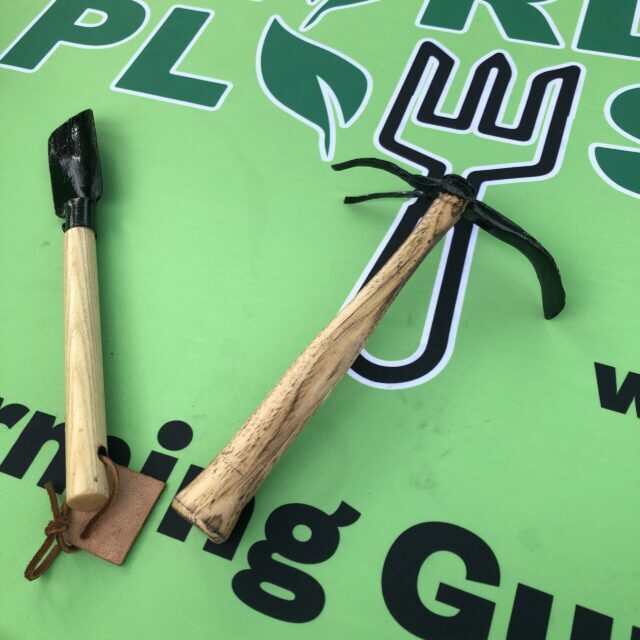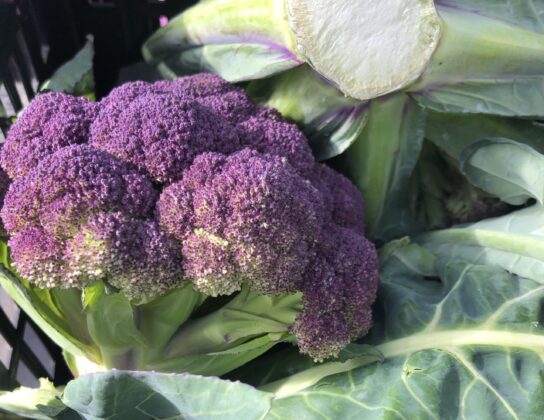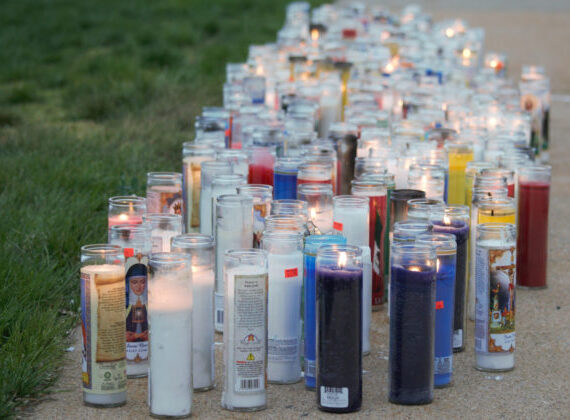“What would it be like to be raised on gratitude, to speak to the natural world as a member of the democracy of species, to raise a pledge of interdependence? […] What happens to nationalism, to political boundaries, when allegiance lies with winds and waters that know no boundaries, that cannot be bought or sold?”
— Robin Wall Kimmerer, from Braiding Sweetgrass
“…our ability to mutually thrive depends on our depth of understanding of the world around us . . . ”
— Cúagilákv, from “Thriving Together: Salmon, Berries, and People,” published in Hakai Magazine and The Best American Science and Nature Writing (2022)
Since October 7th, I can’t help but be stuck with a chant in my head that landed there when I happened upon a campus Take Back the Night march decades ago: Wherever we go, however we dress, No means No, and Yes means Yes.
There is this belief among some that having rights to a particular land will keep a people safe. I understand the emotional need to believe in this kind of security, and were we still in the 1940s, perhaps would have given it a pass. Antisemitism is real. The Holocaust, beyond the obvious and direct losses, is responsible for real inter-generational trauma.
Wanting to feel safe is reasonable.
Being safe is a right.
Unfortunately, feelings of safety and actual safety are not one in the same.
Think back on the gang turf battles of the 1990s. What was at the root of those? People fighting for scraps with other people in a desperate plea for feelings of security, feelings of connection, feelings of power. Who won? Anyone remember? Absolutely fucking nobody. Not the gangbangers who ended up dead or in prison for years of their lives. Not the Hartford child killed by a bullet meant for an adult. Not the kids orphaned by violence. Not the neighborhoods that ended up suffering disinvestment.
Right now, people are fighting over scraps in the Middle East. Nobody is winning. Not the 5500+ children killed since October 7, 2023. Not the families ruptured. Not the environment. Not a single person who believes that this is a homeland. It has become a graveyard.
In America, we know what we have: mass shootings. As of publication, there have been 613 mass shootings in 2023. We are 327 days into the year. You do the math. This is only the mass shootings — four or more people. It does not include in it shootings in which there are two or three victims. It does not include all the shootings, of which there are many, with a single victim per incident. This does not include suicides.
Again and again and again people pick up a weapon trying to solve something that cannot be with violence.
No amount of bullets fired from an AR-15 will fix a person’s loneliness, sense of deficiency, feelings of rejection, rage, hunger for power. No amount of bombs dropped will make anyone more entitled to live on a land. Attacking schools and hospitals will never heal inter-generational trauma. Warmongering and inciting violence in other forms does not provide protection.
Weapons are never a path to safety, security, health.
Except, perhaps, when they stop being weapons.
On Saturday, Swords to Plowshares Northeast set up shop for the day at KNOX on Laurel Street. The program, started in 2017, travels around the region giving blacksmithing demonstrations. Using a forge, volunteers could transform guns into gardening tools, into something other than a death machine. The weapons find their way to the program through voluntary gun buyback events. This is made possible by those willing to say “Here, I don’t need this. I don’t want this. I want it to be something better.”
I wonder about how we respond to crime locally, and what would be different if in the 48 hours after a fatal shooting, Swords to Plowshares unloaded their equipment near the crime scene, to strike while the iron is hot. Would this help disrupt the pattern of hurt people turning to their own arsenal, seeking retribution? What would be different if gun buyback events were staged the same way? It would be making an immediate and emotional ask of people: what will your values be? Do you want unsatisfying and disastrous instant non-gratification through weaponry and retaliation, or do you want to make choices that help us to sustain ourselves? Will we suffer together or thrive together?
The garden tools made from guns are symbols, but they are also very real tools. At the demonstration this weekend, people could touch what had been made — even if they were not willing to don gloves and do the hammering themselves. There is something about picking up a hefty hand tool and considering how in its previous form it may have been used to injure or kill someone, and how now the same material could help keep someone stay alive.
Behind the demo tables and tools is the farm area at KNOX. Here residents learn how to grow food and make a business of it. Later, during KNOX’s annual award celebration, the audience had opportunity to hear about people who were making more life-affirming choices in Hartford. One person recognized was former librarian, Anwar Ahmad, who has been growing inside of a greenhouse at the Swift Factory campus, focusing on the goal of achieving food sovereignty in the North East neighborhood. Students from the Community First school get growing lessons from him.
There are choices to be made. What do we give the next generation? Do we teach them how to nurture, or teach them how to wound and be wounded?
Climate Possibilities is a series about climate mitigation, along with resilience, resistance, and restoration. It’s about human habitat preservation. It’s about loving nature and planet Earth, and demanding the kind of change that gives future generations the opportunity for vibrant lives. Doomers will be eaten alive, figuratively. All photographs are taken in Hartford, Connecticut unless stated otherwise.



Richard
What a beautiful essay. Thank you. It is interesting to take a moment and read up on the idea of Beating Swords to Plowshares and Spears into Pruning Hooks. The words from Isaiah have for years inspired me. They are words of hope. Swords to Plowshares Northeast has been taking the words and making them a reality turning guns into high art of these times, as tools to plant and to grow. Now if we could only get nations and the people who dwell in them to study war no more.